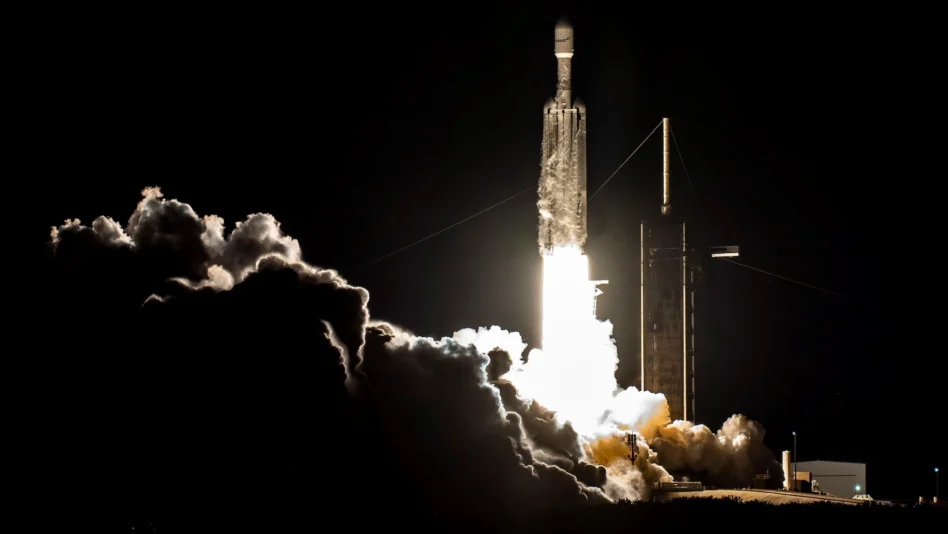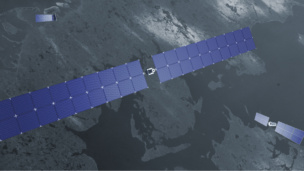Relm Insurance, a global insurance firm for emerging industries, is getting its foot in the door of the space industry.
While Relm has been insuring space companies since 2023, they’re looking to grow their involvement in the industry. That’s partly the charge of Francesca Faedi, who joined the firm as a senior advisor last week.
Faedi brings a PhD in astrophysics and years of experience working in the space industry, most recently as the director of Orbital Innovation Ltd. Relm leaders hope she will help them better understand the coverage needs of the rapidly expanding space economy.
“The reason [Francesca] is so critical is because she’s bringing a level of technical expertise, industry expertise, and awareness that will put us in a position to figure out where to dive in,” Relm CEO Joseph Ziolkowski told Payload.
Forward looking: If the space economy is young, then the space insurance market is infantile. Since launching in 2020, however, Relm has provided insurance to other nascent industries, including fintech, AI, esports, cannabis, and psychedelics.
Despite the breadth of coverage, the company’s vision has been singular: to make innovation resilient.
“The thesis behind launching Relm was this fundamental understanding of the way the insurance industry works. It does a lot of things great, but it doesn’t do new well,” Ziolkowski said.
The business model: Relm’s strategy for space is one that’s been tried and tested on other budding markets:
- First steps: The company utilizes traditional insurance products that all companies need to get off the ground, e.g., directors and officers liability insurance.
- Learning period: This initial coverage affords Relm the ability to peek under the hood and understand the business’ financial situation, product and services, and position in the market.
- Creative solutions: The more customers Relm has, the more it can analyze the overall market’s need and appetite for coverage. The goal is to use that understanding to craft unique products that are mutually beneficial for the growth of the space industry—and Relm’s bottom line.
Within the space industry, they have had interest from companies pursuing micro launch technology, satellite manufacturing capabilities, and cyber security solutions, Ziolkowski said. Relm’s aim is to cast the widest net possible to ensure diversification, understand the market in its entirety, and accurately tailor its insurance products.
The bottom line: While space companies offer unique challenges for insurers, providers such as Relm can often open up opportunities for early stage startups. Put simply, insurance lubricates the cogs of business—more companies in the space ecosystem means more contracts and more policies.
“There’s an increasing volume of companies doing an increasingly variable scope of services and products, and they’re engaging in contracts. Every single one of those contracts [has] mandatory insurance clauses,” Ziolkowski said. “You’ve got a credible third party that’s going to step up and provide some sort of recovery when things don’t go as planned.”





